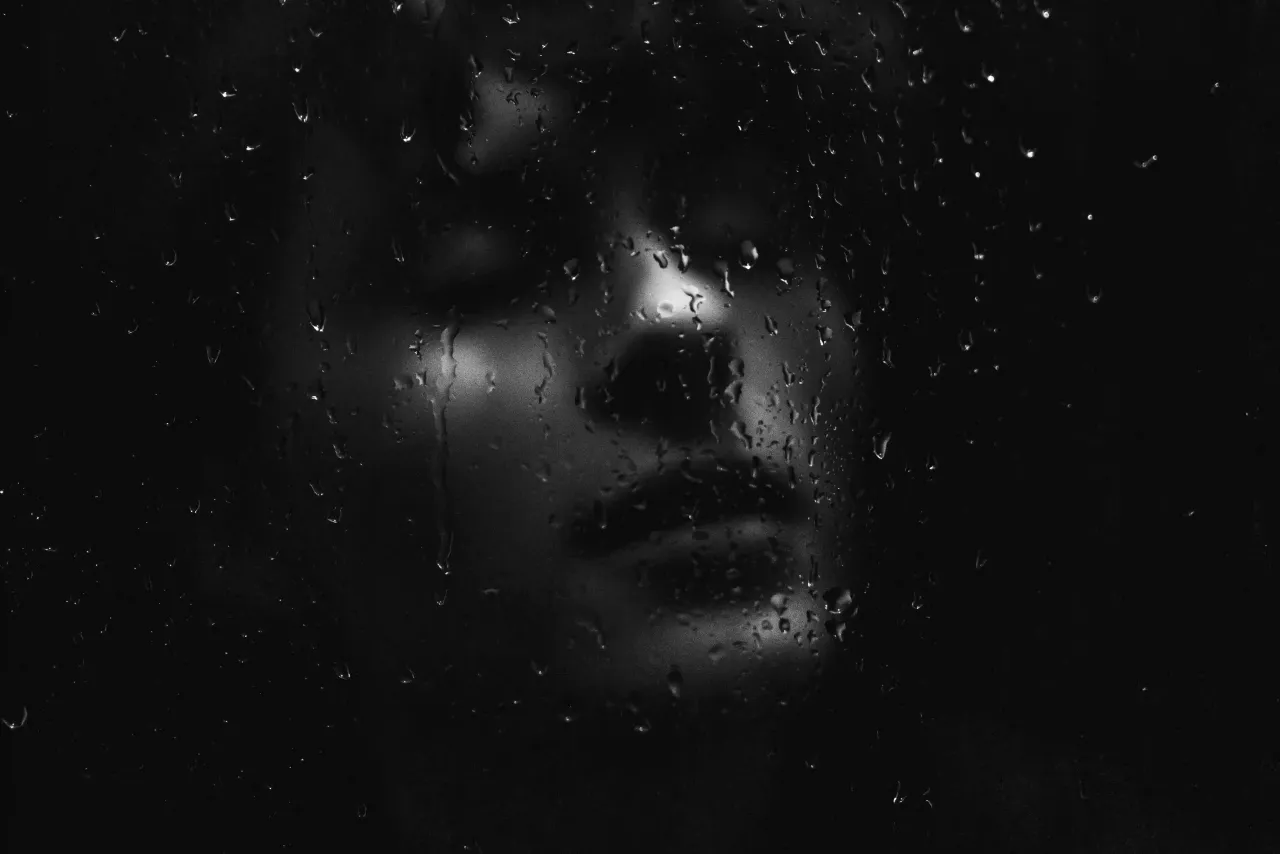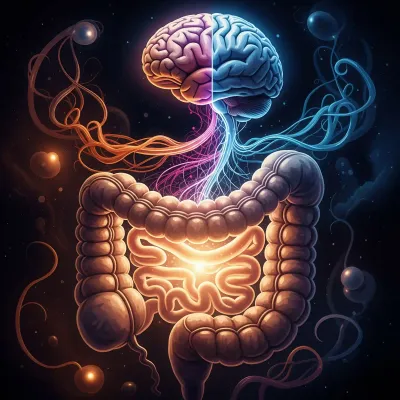Depression isn't sadness (and why that matters)
How you respond to sadness versus depression is entirely different. Getting one confused with the other can mean frustration, poor coping, or worse—

Depression isn’t Sadness (and why that matters)
Let’s be clear about one thing: sadness and depression are not the same thing. Sadness is a raincloud—sometimes dense, sometimes light, but one that tends to pass on its own. Depression? That’s more like a fog that rolls in and stays. It’s not a mood; it’s an illness that can reroute the way you think, feel, and function.
So why does it matter? Because, how you respond to sadness versus depression is entirely different. Getting one confused with the other can mean frustration, poor coping, or worse—missing something that actually needs to be dealt with.
Sadness vs. Depression: Spot the difference
Sadness is a normal emotional reaction to something particular—loss, disappointment, heartbreak. It’s generally short-term and associated with an obvious cause.
Depression usually just appears. It hangs around for weeks or months, and isn’t necessarily tied to any one incident. It can manifest as feelings of numbness, exhaustion, hopelessness, even pain.
Knowing the difference allows you to pick the proper tools. Sadness may require a good cry, a chat, a weekend of self-care. Depression may require therapy, medication, lifestyle adjustment—or all three.
Why bother with pain?
Alfred Adler, the originator of Individual Psychology, dealt with emotional pain in a really interesting manner. He thought that even depression serves a purpose. It’s not pain for pain’s sake—it’s a sign. A sign. A warning that something in your life needs attention, adjustment, or fixing.
Adler viewed depression as a cry of our demand for significance. When we feel inferior or isolated, depression is the way our mind says, “Hey, something’s not right. Let’s correct it.” It’s not weakness—it’s a signal to take action.
The role of others (and why their Opinions aren’t YOUR job)
This is where it gets messy. Depression and sadness will intensify when we begin to compare ourselves with others or fear what they might think. Adler devised an amazing concept called “separation of tasks.” What is it? What they think about you is not your job.”.
Your job is your own mental well-being. To come to terms with yourself. To reach out when reaching out is needed. If someone judges you for that? That is on them. Not you.
So what can you do?
Breaking it down:
For Sadness (Short-Term Strategies)
- Work it out: Call a friend, write it down, or vent to the dog.
- Get your body moving: Take a walk around the neighborhood, dance in your living room, or practice yoga.
- Experience it whole: You don’t need to “cure” sadness. Sometimes you just need to show up.
For Depression (Long-Term Strategies)
- Get pro help: Therapy isn’t just for crisis mode—it’s for insight.
- Look into meds: For some, it’s a total game-changer. No shame in that either.
- Create routines: Depression thrives on chaos. Structure can be a lifesaver.
- Be social interest-oriented: Service to others heals us, as per Adler. Volunteer, connect, share.
And don’t forget: depression heals slower than sadness. Be patient with yourself. Healing isn’t linear, and steps forward are small.
Final Thought
If you’re unsure whether what you’re feeling is sadness or depression, don’t guess. Try the free Depression Test on our website. It’s a simple, confidential way to get clarity—and maybe your first step toward feeling “Unburdened”.
You’re not alone. You’re not broken. You’re just human—and that’s a beautiful, messy thing.
Related Posts

Your Second Brain: What your gut knows before you do
Scientists are learning how closely our digestive system is linked to our emotions and choices as their understanding of the gut's impact on our mind expands.

When your degree feels useless: Mental health in a shrinking job market
You invested years, sleepless nights fuelled by coffee, and the occasional existential crisis, only to hit a roadblock where your shiny degree seems to be flashing “Not Applicable” in the job market.

